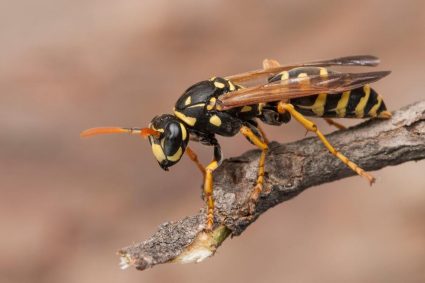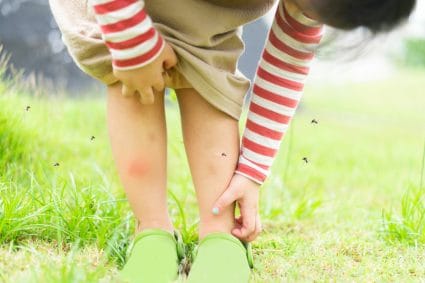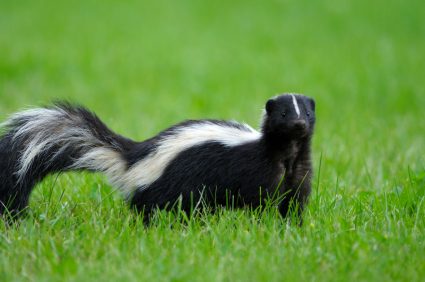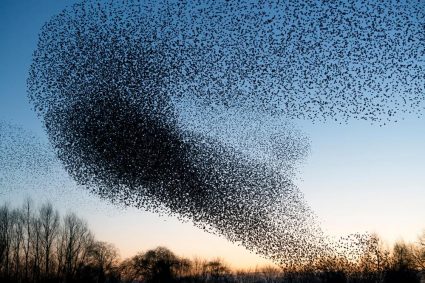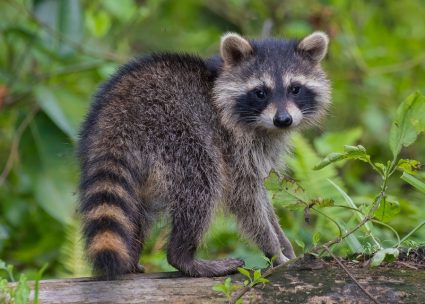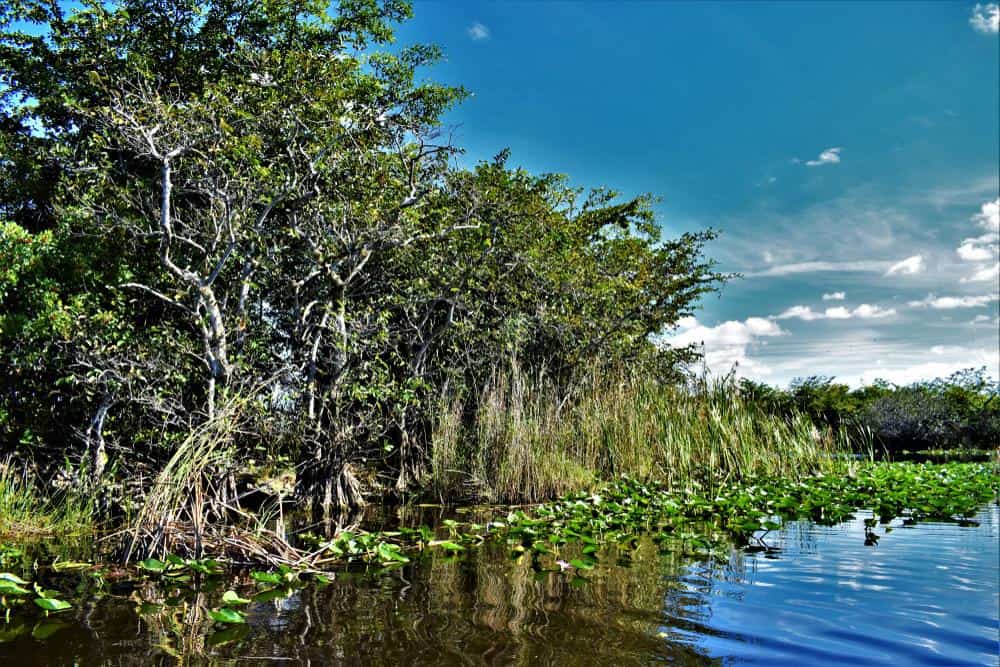
Skunks, with their distinctive black and white coloring and pungent odor, are a common sight in many North American neighborhoods. While they are generally harmless creatures, they can become a nuisance when they take up residence in your yard. But why are skunks attracted to residential yards? What dangers do they pose? How can you remove them and prevent them from returning? This comprehensive guide will answer all these questions and more.
Skunks are attracted to your yard due to easily accessible food sources such as garbage, pet food, birdseed, fallen fruit, and grubs in the soil. They also look for convenient denning sites, like wood and rock piles, elevated sheds, and openings under concrete slabs, porches, and crawl spaces. Wet soil conditions that push grubs close to the surface can also attract skunks to your yard.
Why Skunks are Attracted to Your Yard
Skunks are opportunistic feeders and are attracted to easily accessible food sources. They are drawn to garbage, pet food, birdseed, fallen fruit, and grubs in the soil. Skunks also look for convenient denning sites, such as wood and rock piles, elevated sheds, and openings under concrete slabs, porches, and crawl spaces. Wet soil conditions that push grubs close to the surface can also attract skunks to your yard.
Potential Problems with Having Skunks in Your Yard
While skunks play an important role in the local ecosystem, having them in your yard can pose several potential dangers and problems. These include:
- Damage to lawns and gardens: Skunks dig small, shallow holes in lawns while foraging for grubs, which can cause damage to your yard.
- Odor: Skunks are known for their strong, unpleasant odor, which can be difficult to remove from your property if they spray.
- Disease transmission: Skunks can carry diseases that pose serious health risks to humans and pets, such as rabies.
- Threat to pets and humans: Skunks may spray or bite if they feel threatened, which can be harmful to pets and humans.
How to Make Your Yard Less Appealing to Skunks
To deter skunks from your yard, you can:
- Remove food sources: Secure trash and pet food, install motion-activated lights and sprinklers, and seal off small areas with chicken wire or hardware cloth.
- Eliminate potential habitats: Remove wood, rock, and debris piles, cover window wells, and close off spaces beneath porches, decks, and outbuildings.
- Install fencing: Use a fence that is at least 3 feet tall and bury it about 8 inches into the ground to prevent skunks from digging underneath.
- Use repellent sprays: Apply commercial repellents or homemade solutions, such as a mixture of hot peppers, onion, jalapeno, cayenne pepper, and water.
Natural Skunk Repellents
Natural skunk repellents such as citrus peels, capsaicin, cinnamon, ammonia, predator urine, mothballs, and lights can be used to deter skunks from your property.
Humane Ways to Remove Skunks from Your Yard
If you need to remove skunks from your yard, consider using humane methods such as removing attractants, installing motion-activated lights or sprinklers, using fencing and exclusion techniques, or live trapping and relocation.
Remember to always handle skunks with caution, as they can spray a foul-smelling liquid as a defensive mechanism. If these methods do not work, consult a professional wildlife control expert.
Legal Restrictions and Guidelines
Skunk removal laws vary by location. Always check with your local wildlife department before taking any action to remove skunks from your yard.
Preventing Skunks from Returning
To prevent skunks from returning, continue to remove attractants, use natural repellents, maintain a clear perimeter around your property, and seal off potential entry points.
Skunks may be unwelcome guests in your yard, but with the right knowledge and tactics, you can effectively manage and prevent their presence. This comprehensive guide provides you with all the information you need to understand why skunks are attracted to your yard, the potential problems they pose, and effective methods for removal and prevention. By taking proactive steps, you can maintain a skunk-free yard and enjoy your outdoor space in peace.
Frequently Asked Questions
What time of year are skunks most active?
Skunks are most active during the warmer months of spring and summer. However, they do not hibernate in winter and can still be seen foraging for food during milder winter days.
How far can a skunk spray?
A skunk can spray its foul-smelling liquid as far as 10 feet. The smell can carry much further, depending on wind conditions.
Do skunks have any natural predators?
Yes, skunks have several natural predators, including foxes, bobcats, coyotes, and large owls. However, their distinctive coloration and potent spray serve as effective deterrents against many potential threats.
How long does the smell of skunk spray last?
The smell of skunk spray can linger for days or even weeks if not properly cleaned. Household items like hydrogen peroxide, baking soda, and dish soap can help to neutralize the smell.
How can I tell if there are skunks in my yard?
Signs of skunk activity include small, shallow holes in your lawn, distinctive odor, and skunk tracks, which have five toes and are about the size of a human thumb.

